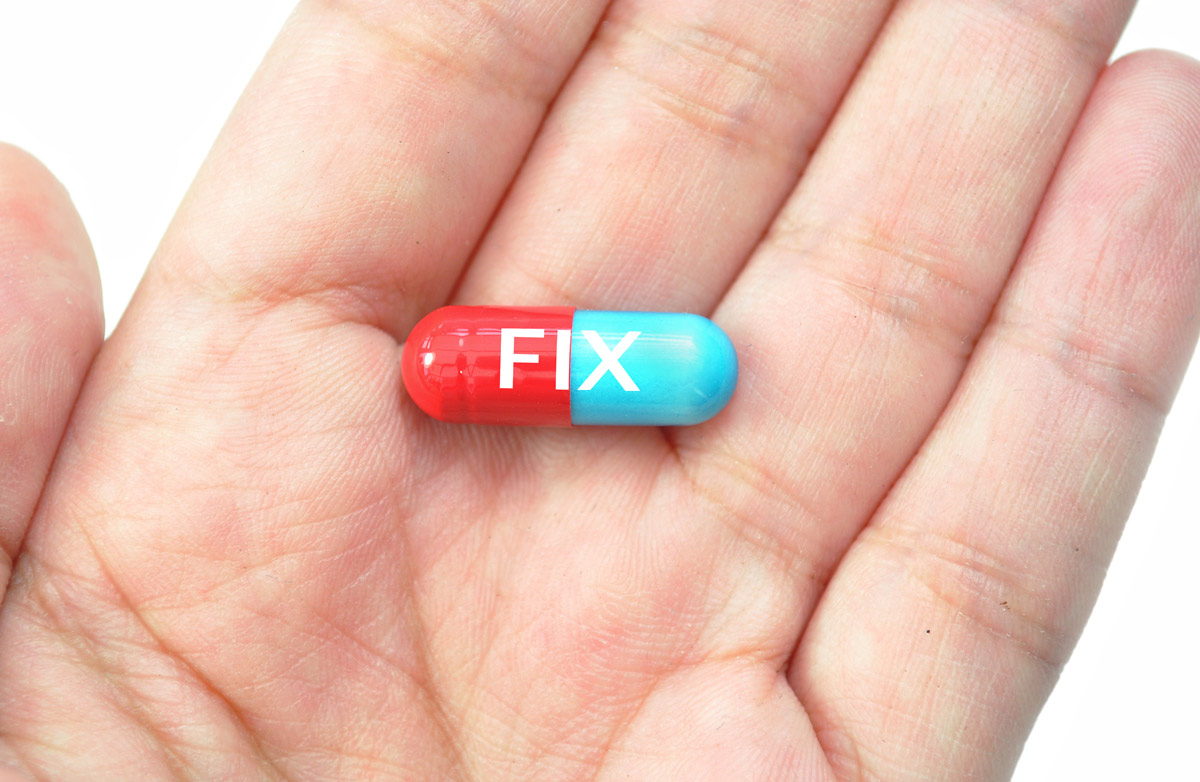No one likes to feel sad and if you are waking most days feeling that it is too much to face the world today, well then you need help and should seek it as soon as possible.
You may even be able to identify what you believe to be the cause of your sadness, perhaps you have broken up with your partner, lost your job, had a fight with a close friend or family member and are feeling down.
In those circumstances it is not only ok to feel sad, it is quite normal.
Even if that feeling lingers for some time, that’s is ok as well, and so is deciding you want to talk through your emotions and feelings with a professional.
In fact, I think we would all find ourselves in a far healthier place if we viewed counsellors and psychologists from a different perspective in this country. For way too long there has been much stigma associated with seeking help for our minds. Yet regular sessions to “check in” on our mental health is not only that of a wise person, but has long term benefits and an opportunity to get in early long before our mental health fails us.
I know as a paramedic, having to deal with day to day drama and trauma in my work, that by spending time with a counsellor, helps to ensure that I am not suppressing deep feelings that has the absolute capacity to attack and destroy my mental health.

The thing about mental health, is that it sneaks up on you.
With the body’s remarkable ability to compensate we can go for years feeling like we are coping but then suddenly it has you in its grip and there seems no escape.
With the walls closing in and a desire to want to feel normal, it is at this point people we drag ourselves to the Dr surgery.
This in part explains how last year in Australia we issued over 35,000,000 prescriptions for anti-depressants, an extraordinary number for a nation of 25 million people, ranking Australia second only to Iceland globally for the highest amount of medication prescribed just for us to front the day.
Once upon a time it was the older demographic who were the frequent users, but now teenagers are significant users as well.
Whilst there is enormous scientific argument over whether depression is a chemical imbalance in the brain, it’s how to treat it in the most effective way, only time will tell if medications prove to be one of the correct pathways.

The problem I see as a Counsellor and Paramedic is that many of us, kids included, are being prescribed anti-depressants by their local GP with no holistic plan attached. We seem to be treating the symptom and not the cause.
Imagine if I am now describing your 15-year-old daughter. She has had a rough time at school with some bullying which has impacted her socially or struggling with end of year exams.
Your GP believes that she is suffering depression and that an anti-depressant will help her relax and make it easier for your daughter to deal with her depression, so he prescribes Zoloft.
Fast forward five years. The school years are behind her, yet she has continued to take Zoloft as your daughter feels the medication helps her to feel better.
Now let’s fast forward a few more years, your daughter is struggling in a relationship, financial pressures and children are now involved.
She begins to feel stressed and is struggling to cope, so she heads back to the doctor and tells him the pills are no longer working.
What do you think the doctor will do?
Chances are, up the dose, or change the medication.
Why?
Because after a decade on the medication the doctor may make the assumption that the patient’s body has grown accustomed to the drug, so by upping the dosage or changing it, the patient should begin to feel better again.
That is the world we live in today, where a pill is seen as a solution to all things and as we have seen with over prescribing of antibiotics, there is always the law of unintended consequences to deal with when we choose to medicate.

Today we are seeing studies that are telling us that anti-depressants are both effective and ineffective, depending on what research you read and probably who funded it. Particularly for young adults and one does wonder what health issues or side effects may arise from long term use of such powerful drugs. The current answer is WE HAVE NO IDEA!
This is why we must question everything and seek alternative opinions, for it is up to us to make a decision that we do not live in a world were doctor knows best. Well, not one doctor anyway.
So seek alternative opinions.
Seek advice from mental health professionals, people who can help you to unlock the cause of your depression, the grief or trauma that is causing the sadness you are feeling. Adopt a holistic approach.
Why is this important if a pill makes me feel better?
Taking a pill every day is not a plan to help you get well, it is a management plan, favoured by the pharmaceutical industry as it delivers them the best financial outcome with the patient requiring a pill ever day in order to live.
It is why, before you find yourself heading to the doctor asking them to give you something to help you sleep or keep you calm, you may be far better off by saying “I need to speak to someone to help me understand why I am feeling sad, someone who can help me unlock the cause, to teach me new coping mechanisms. We need to eat well, breathe, slow down, energise and exercise our bodies, get more sleep, reconnect with our families and repeat. If only it were that simple, the reality being, it probably is.
